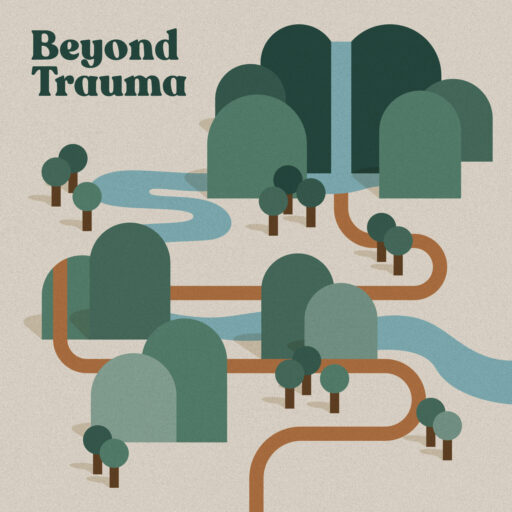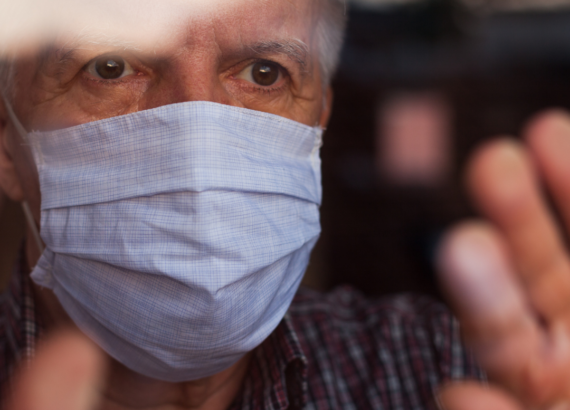Episode 6: Will I Have To Talk About It

Listen in to “Will I Have to Talk About it?” to hear Jen and Melissa discuss how therapy can still be beneficial even when parts of the past are too difficult to share.
Will I have to talk about my past in therapy?
- This can be very nerve wracking for clients.
- You may feel as if there’s not a reason to talk about the past and rather focus on present problems.
The way we conceptualize every mental health struggle is through the idea that our past shapes our present.
- Some of us are sensitive to shifting the blame to parents or others and not taking responsibility ourselves.
- We can say “I can acknowledge my parents did their best and I still love them, but they failed me in some areas in very significant ways.”
- We are worried it will damage our current relationships or memories of our parents.
- Therapists are not trying to blame every issue on your parents; that’s not our goal as therapists.
Whether it’s parents or someone significant in your life, and even if it was out of good intention, those experiences get minimized when we think “It wasn’t that big of a deal” or “It was normal back then.”
- Being able to look back at those past experiences and knowing that you don’t have to defend them but rather ask ourselves “What impact could this experience possibly have had on my development?”
- We may want to protect the idea of how our parents raised us because we are afraid that we could be failing in some ways as parents ourselves.
The majority of families have “good enough parenting”
- We have to understand that no child is going to come out of a perfect childhood.
- We are not preparing our children for a life of no relationship struggle.
- It’s about learning how to repair these relationships and prepare our children for challenges.
Adaptive Information Processing (AIP)
- Why is it important to talk about childhood experiences?
- In general, AIP means the way our brains are structured and the way we store life experiences has an effect on how we present today.
- We store these memories with images that have an effect on our thoughts of ourselves and others. The storing of these memories will have an emotional response and physical sensations.
- Normal day at the grocery store v.s. Being in the grocery store when there is a tornado outside
- It’s important to recognize and reprocess our past experiences so that they can be stored in a non-disruptive way.
- It’s normal to have a physiological response that could be conscious or unconscious.
Childhood Trauma
- Love and affection that is tied with criticism in childhood, when an adult relationship arises, we may feel as if criticism and abuse is part of love in a relationship.
- The evidence file gets so large, it takes a long time for life to give experiences to counterbalance these childhood experiences.
- We carry our childhood experiences and patterns into adulthood. “My body believes that I cannot be safe in relationships.”
- We can then look at these past experiences to figure out what has shaped us into who we are today and allows us to deconstruct and reconstruct these patterns.
Shifts in Therapy
- The shift towards feeling a deep self-compassion for how we had to survive.
- Our reactions are normal and we shouldn’t bully ourselves for these reactions to trauma. Example: “I shouldn’t feel that way” or “I am overreacting”
- This type of thinking doesn’t allow us to reprocess and unpack these experiences.
- Whe we do this, our system can begin to heal and we can start to feel a change.
- When we begin to recognize how we want to be as a parent, we can begin to stand up for ourselves, love ourselves and be open-hearted to ourselves.
- It’s not about trying to change our behaviors, it’s about recognizing the change in behaviors when the root causation is addressed.
“Will I have to talk about what happened?”
- The answer is no. There is a lot of work that can happen without reshaming ourselves in therapy.
- Sometimes it’s too shameful or too embarrassing to talk about it in detail.
- There can be a healthy aspect by talking about what happened with a therapist by seeing that the therapist is still supportive and accepting of you.
- Therapists don’t need all the details; it’s your nervous system that is doing the healing.
“How can I work on it without talking about it?”
- There are many ways to do this
- If a client doesn’t feel safe about talking about their experiences, symbolism can be used.
- Not talking about it directly, does not hinder the healing.
Resourceful links:
Mental health first aid kit @ beyondhealingcenter.com



